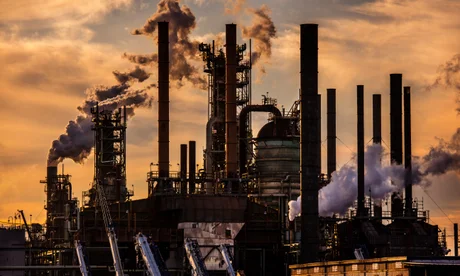A new analysis has shown that Wealthy polluting countries, led by the US are reportedly spending billions of dollars of public money on unproven climate solutions technologies that risk further delaying the transition away from fossil fuels.
According to a new report by Oil Change International (OCI), a non-profit tracking the cost of fossil fuels, these governments have handed out almost $30bn in subsidies for carbon capture and fossil hydrogen over the past 40 years, with hundreds of billions potentially up for grabs through new incentives.
The European Union (EU) plus just four countries – the US, Norway, Canada and the Netherlands – account for 95% of the public handouts on CCS and hydrogen till date. The US has spent the most taxpayer money, some $12bn in direct subsidies, according to OCI, with fossil fuel giants like Exxon hoping to secure billions more in future years.
The industry-preferred solutions could play a limited role in curtailing global heating, according to the Intergovernmental Panel on Climate Change (IPCC), and are being increasingly pushed by wealthy nations at the annual UN climate summit.
Read also: UN chief issues climate SOS on trip to Pacific
But carbon capture and storage (CCS) projects consistently fail, overspend or underperform, according to previous studies. CCS – and blue hydrogen projects – rely on fossil fuels and can lead to a myriad of environmental harms including a rise in greenhouse gases and air pollution.
“The United States and other governments have little to show for these massive investments in carbon capture – none of the demonstration projects have lived up to their initial hype,” said Robert Howarth, professor of ecology and environmental biology at Cornell University. “It is instructive that industry itself invests very little in carbon capture. This whole enterprise is dependent on government handouts.”
With time running out to curtail climate catastrophe, critics of CCS and hydrogen say public money should be focused on proven, less risky solutions such as plugging leaky oil wells, energy efficiency for buildings, transport electrification and renewables that will speed up the green transition.
The subsidies are a “colossal waste of money”, according to Harjeet Singh, global engagement director for the Fossil Fuel Non-Proliferation Treaty Initiative. “It is nothing short of a travesty that funds meant to combat climate change are instead bolstering the very industries driving it.”
Story was adapted from the Guardian.
